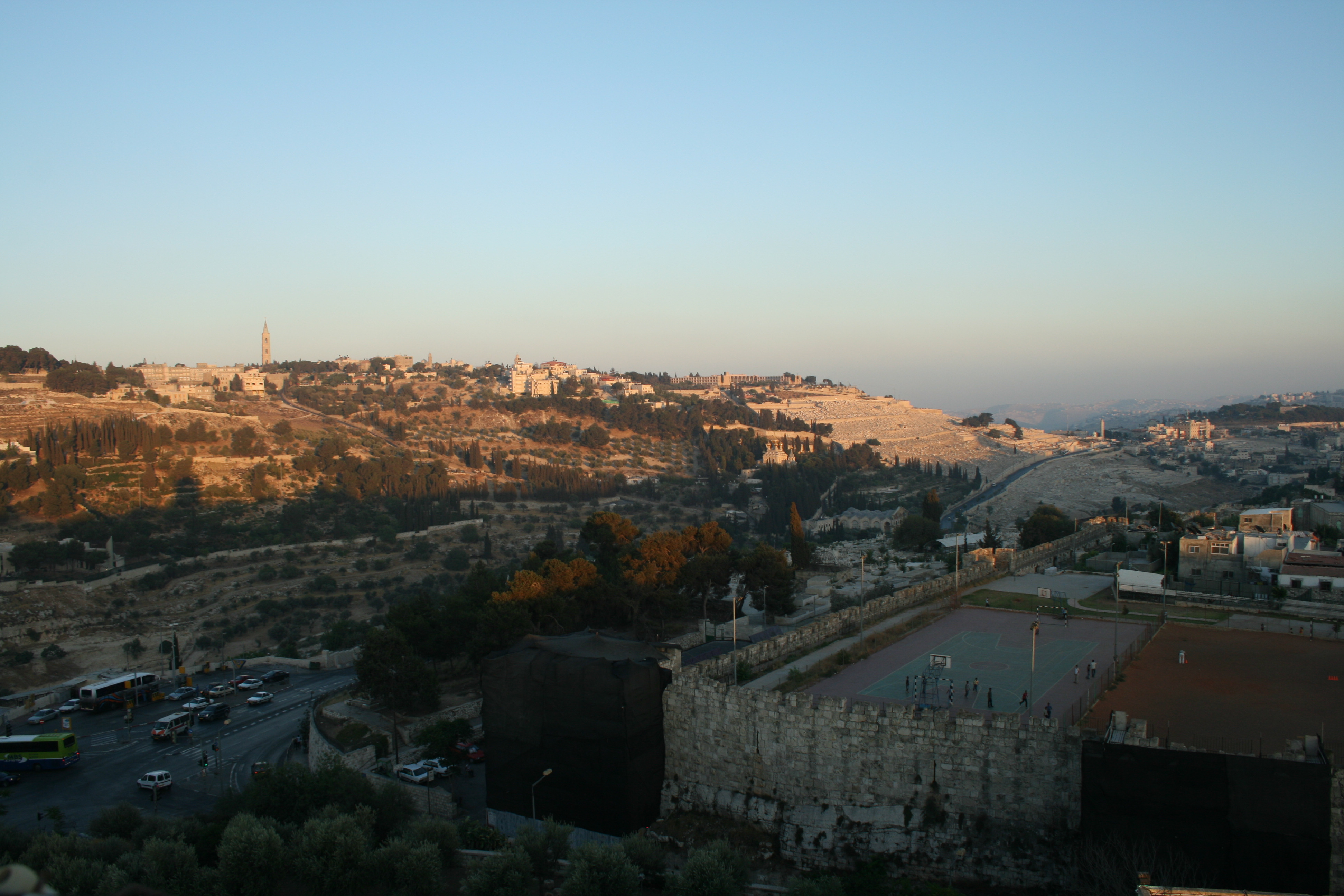
Jesus, Son of David
Today in my Bible reading I came across some intersections between King David and Jesus that I had never noticed before. Of course, all of Scripture ultimately has one author, God, so I am never surprised when I find symmetry and connection between the Old and New Testaments written centuries apart.
At various times in the Gospels Jesus is given the title Son of David (Mark 10:47). This is generally understood as a Messianic title. God had promised in the Old Testament that David’s line would reign forever, (see 1 Kings 9:5 and Jeremiah 23:5, 33:20-21). Of course, in the Exile to Babylon the actual political reign was broken so that the hoped-for Messiah was to be the restoration of this line.
“Hosanna! Hosanna to the Son of David” (Matthew 21:9) the children cried as Jesus rode his royal donkey over the summit of the Mount of Olives and down the path into Jerusalem itself.
Several things are noteworthy from what is traditionally called Jesus’ Triumphal Entry. For one, he was being worshipped, so that the authorities demanded that Jesus silence the people, thinking it was blasphemy (Luke 19:38-40). Jesus refused to silence them. Secondly Jesus wept over the city for its impending destruction (Luke 19:41-44).
What we have here is almost a perfect mirror image of David’s flight out of Jerusalem during his son Absalom’s conspiracy. Absalom had slowly and meticulously gathered power and prestige without David noticing until he suddenly made a run on his father David’s throne. David had no choice but to flee the city, with the many hundreds of people who were loyal to him.
The path he traced was the exact opposite of Jesus’ triumphal entry. He made his way out of the city and up the Mount of Olives. David also wept as he left the city. But David went up the ascent of the Mount of Olives, weeping as he went, barefoot and with his head covered. And all the people who were with him covered their heads, and they went up, weeping as they went. (2 Samuel 15:30).
The people were weeping instead of celebrating. The King was leaving instead of entering, David was heading up the Mount of Olives as Jesus was heading down. But both men wept.
Further it is noted in the account of David that God was worshipped on the Mount of Olives (2 Samuel 15:32). Remember this period predates any Temple in Jerusalem. So instead of worshipping God in the Temple God was worshipped at the high point just outside the city, the Mount of Olives. How appropriate then that as Jesus comes and renders the Temple obsolete and even predicts its destruction, that the people would once again worship God on the Mount of Olives.
Both men were dealing with a conspiracy against them and a betrayal. For David this meant fleeing from Jerusalem to preserve life, and to try to overcome the conspiracy of his son Absalom. For Jesus it was different. He fled INTO the conspiracy, INTO the betrayal. He headed toward danger instead of away from it. This is why he is the greater King, and why his reign is truly a reign of peace forever. Out of love he headed down the mountain, down toward those who would take his life.
David was a shepherd by profession, but Jesus is the Good Shepherd. The Good Shepherd lays down his life for his sheep (John 10:11). We have been given the gift of life because of this King who willingly descended not just the Mount of Olives, but even from Heaven to Earth, even into the Earth. He went from the Donkey which had never been ridden into the tomb into which no body had ever been laid. But then he rose. Something else that had never happened before, he rose, not to mortal life, but to life immortal opening to us the Way to life immortal.
Hail to the Lord’s anointed,
Great David’s greater Son!
Hail, in the time appointed,
His reign on earth begun!
He comes to break oppression,
To set the captive free,
To take away transgression
And rule in equity.
-- James Montgomery 1771-1854